Sometimes, caught up in the bustle of our lives, we allow our Home Visits to become transactional: pay the bill, say a prayer, and move on. We love our neighbors no less for this habit! Indeed, it’s important to keep the lights on, to avoid the eviction, and to provide food! The situations are often dire, and the assistance we offer can seem like first aid. But is this enough if our Home Visits are “the means, not the end of our association?” [Letter 182, to Lallier, 1838] Can our growth in holiness be transactional?
Father Dennis Holtschneider once offered this useful exercise for measuring how well we are living our Rule: would an outside observer write these words to describe how we behave? Watching me paying a bill and move on, would that observer say, “wow, he really establishes relationships based on trust and friendship!” [Rule, Part I, 1.9]
For the past ten years (or so) the Society has promoted a concept called “Systemic Change,” which is often misapprehended as if it were something new. It isn’t! Its roots run as deep as the Society itself, in which the very first Conference in 1833 did not merely drop off food or firewood, but adopted families in need, visiting them regularly, seeking to truly walk with them, and change their lives.
It isn’t easy. Bl. Frédéric said so himself. He once recounted that on his earliest visits, he would drop the firewood and exit as quickly as possible. As time went on, he grew in his understanding of what Christ had modeled, and what was asked of us who seek to follow Him; he saw that firewood alone is not “help which honours.” [O’Meara, 229]
Trust and friendship are built over time, not all at once or instantly. Sometimes our one bag of groceries is truly all that is needed, but how would it be if we took the time to call and check in a few weeks or months later? We will not only see how they are, we will show who we are: friends.
In 1841, Frédéric wrote about the hundreds of families who had received food from the Society, but also about the boys who received schooling, young men placed in apprenticeships, and “future tears” dried because of the loving friendship of the Society of St. Vincent de Paul. [Letter 290, to Amelie, 1841]
The letter of James, a favorite of Bl. Frédéric’s, reminds us of the importance of caring for “the necessities of the body.” These needs are the primary reason our neighbors come to us, but they are not the primary reason we go to them. We are called to see and to serve Christ in the person of the poor; to put our “hand in their wounds,” as Frédéric said. [Letter 137, to Janmot, 1836]
But Christ asks more of us than merely to recognize Him, he calls us to follow Him and to walk with Him, not only for one day. To have a friend, you have to be a friend. We serve in the hope that both the poor and Christ will say to us: “I no longer call you servants. I call you friends.” [John 15:15]
Contemplate:
How can I be a better friend to those in need?


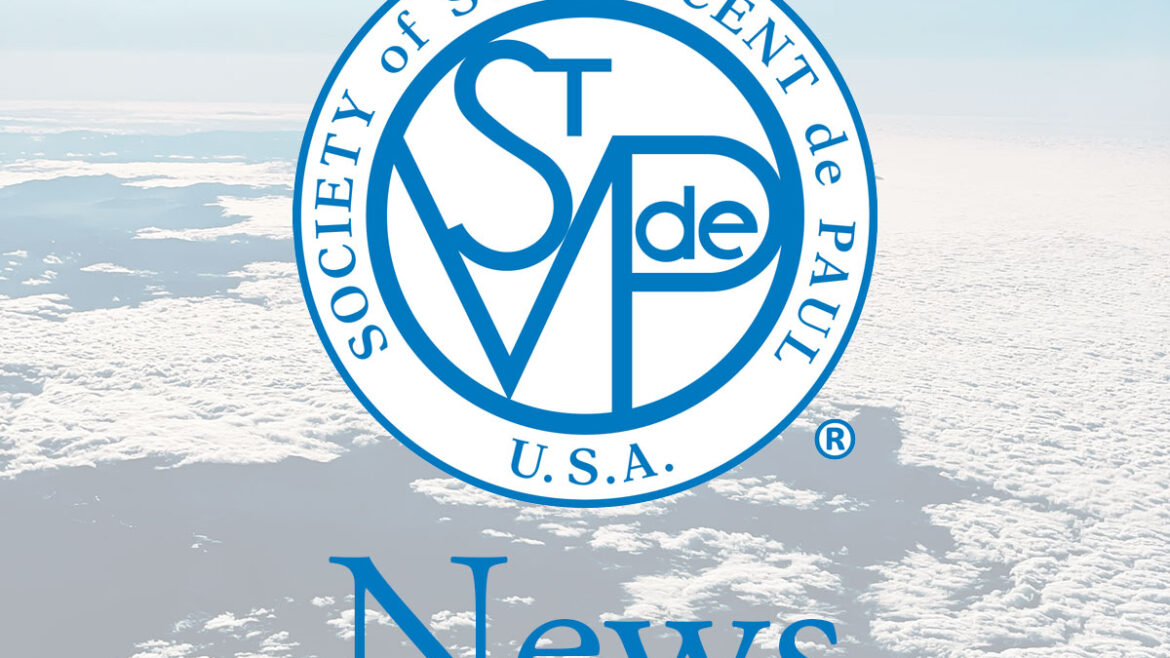
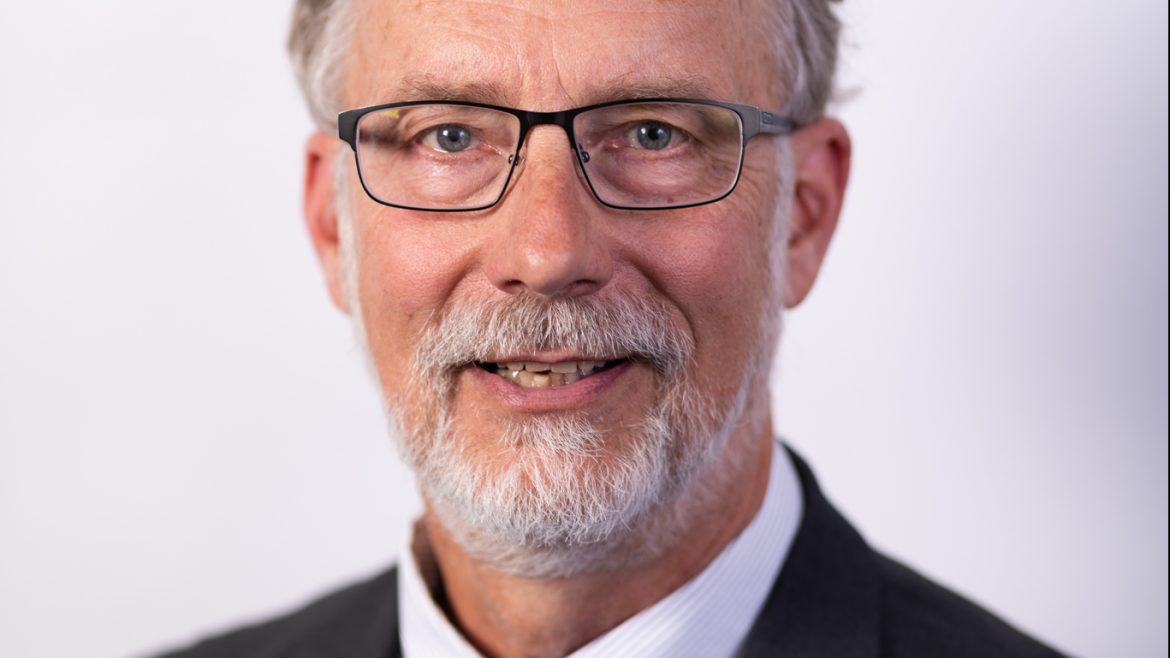
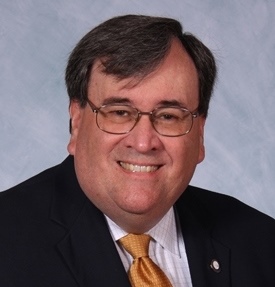
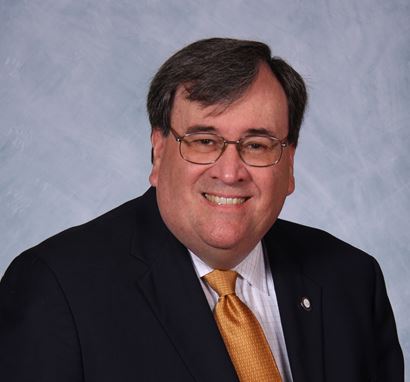

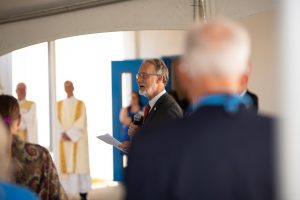
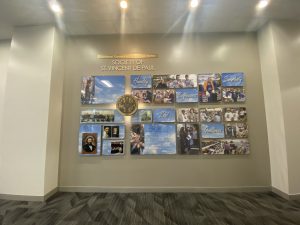
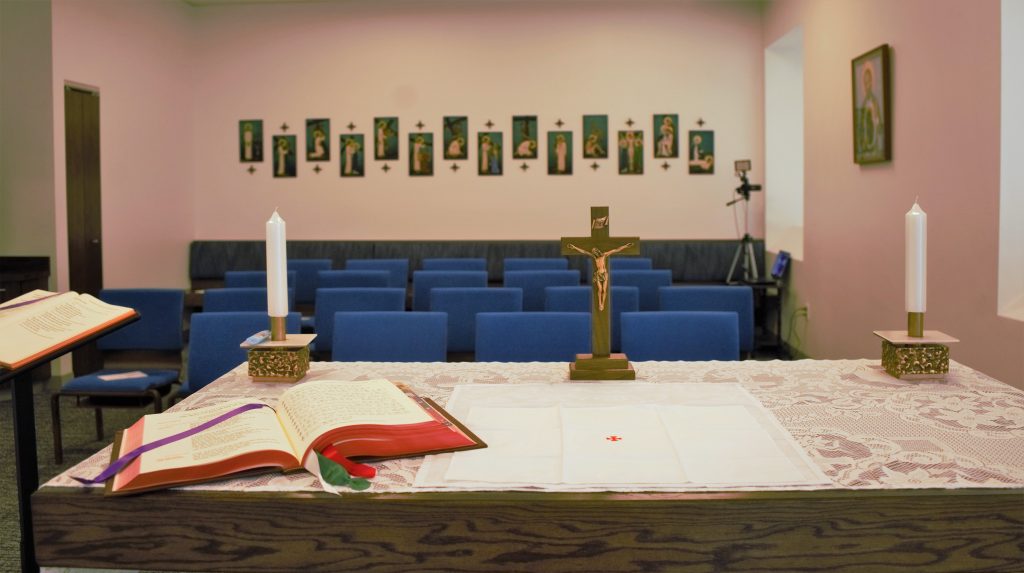
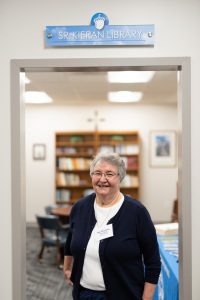 True to the Vincentian value of prudence, the National Council did not use any dollars from member services to purchase the new building, which was funded through the sale of our old building and judicious savings of bequest funds over time. “Our most loyal donors contributed mightily to this day. We thank them,” Middlecamp said.
True to the Vincentian value of prudence, the National Council did not use any dollars from member services to purchase the new building, which was funded through the sale of our old building and judicious savings of bequest funds over time. “Our most loyal donors contributed mightily to this day. We thank them,” Middlecamp said.